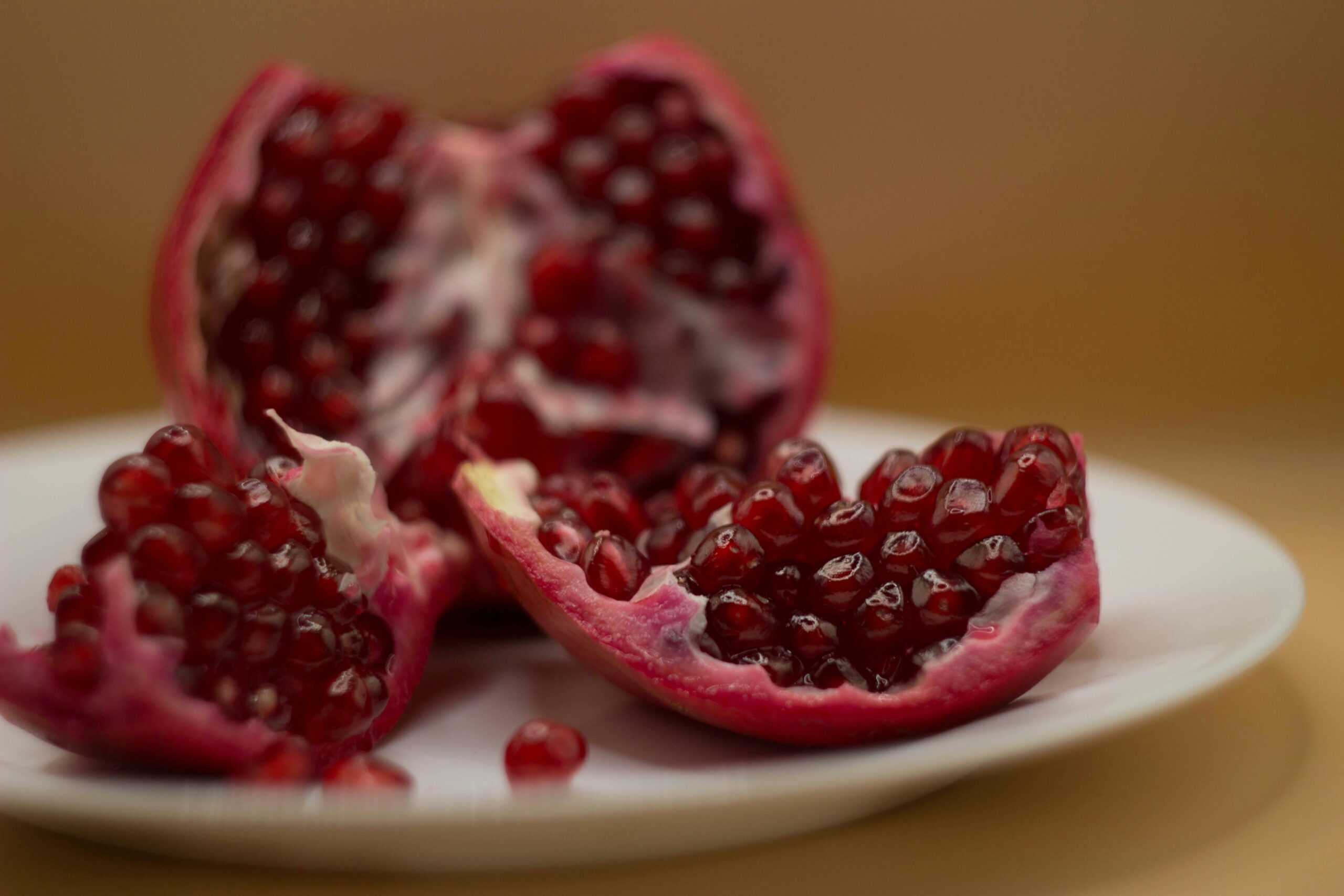
Veganism(Vegan Diet) has become so popular over the last ten years, and really, it fits into any lifestyle: whether you’re an environmentalist, health enthusiast, or animal lover.
Veganism has become so popular over the last ten years, and really, it fits into any lifestyle: whether you’re an environmentalist, health enthusiast, or animal lover. A change of life is daunting enough; trying to make sure you are getting everything your body needs is not easy. Still, if equipped with some basic knowledge and the right kind of planning, someone can do pretty well on a vegan diet. This guide will give readers an overview of veganism, important nutrients to consider, and practice tips on getting everything a person needs.
What is Veganism?
Veganism is a way of life in which an individual tries not to consume animal-based products for food, dressing, or cosmetics. It includes exclusion of meat, milk, eggs, and all products of animals while instead taking on a wide array of plant-based foods that range from fruits, vegetables, grains, legumes, nuts, and seeds.
Why go vegan?
1. Health Benefits: A well-planned vegan diet is full of health benefits, which include reduced risks of heart disease, high blood pressure, type 2 diabetes, and certain types of cancer. A vegan diet is generally rich in fiber, vitamins, and antioxidants.
2. Environmental Impact: Animal farming is responsible for the main cause of greenhouse gas emissions, deforestation, and water usage. A diet of vegan reduces carbon footprints and contributes to healthier food systems.
3. Animal Welfare: Veganism is a step forward, and many move against cruelty and exploitation of animals for rights of not harming and not to make animals suffer.
Core Nutrients in a Vegan Diet
You will have to be very careful of how you will get all the right nutrients your body needs to be a vegan. Some of the primary nutrients you should pay much attention to are:
1. Protein
Protein aids in the repair of muscles, aids with immune function, and much more. A great deal of animal products contain a good amount of protein, but there are so many plant-based sources, too.
Food sources: Legumes (lentils, chickpeas, black beans), tofu, tempeh, edamame, quinoa, nuts, seeds, and whole grains (brown rice, barley, oats).
Utilize different sources of protein so that it has the complete range of amino acids.
Beans and rice. Hummus in a pita sandwich for complete proteins.

2. Vitamin B12
Vitamin B12 is involved in both supporting nerve function and synthesis of DNA and red blood cells. Since it exists naturally only in foods that originated from animals, individuals practicing a vegan diet have to pay extra attention and add this vitamin to the body’s reserve through fortified food intake or supplements.
Sources of vitamin B12
fortified foods: soy milk; breakfast cereal; nutritional yeast, supplements.
- Tip: You can take fortified foods or supplements with B12. You would need to have your level checked by a healthcare provider from time to time.
3. Iron
This mineral is responsible for transporting oxygen in the blood. Non-heme iron, which you can get from most plant-based food sources, is not as well absorbed by the body as is heme iron of animal-based products.
Sources: Lentils, chickpeas, beans, tofu, quinoa, fortified cereals, pumpkin seeds, dark leafy greens like spinach, and kale.
- Tip: Pair iron-rich foods with foods rich in vitamin C such as citrus fruits, bell peppers, or broccoli. Food and drinks high in calcium should not be consumed alongside iron-rich foods because they interfere with the absorption of iron.
4. Calcium
Calcium is essential to healthy bones and muscles. Although dairy is the primary source of calcium, most plant foods will provide sufficient amounts.
Sources: Fortified plant-based milk (almond, soy, oat), leafy greens (collard greens, bok choy), broccoli, almonds, and tofu made with calcium sulfate.
- Tip: Attempt to get a good variety of these in your diet, and whenever available use fortified products to enhance daily intake.
5. Omega-3 Fatty Acids
Omega-3 fatty acids are essential to heart health and brain performance. While fish is a commonly used source of omega-3s, it can easily be replaced with plant sources for vegans.
Sources: Flaxseeds, chia seeds, walnuts, hemp seeds, algae-based supplements.
- Tip: Add flaxseed or chia seeds to smoothies, oatmeal, or baked goods for an easy dose of omega-3.
6. Zinc
Zinc plays a role in immune functions, wound healing, and DNA synthesis. Like iron, zinc in plant-based food is not as bioavailable as its counterpart in an animal-based food.
Sources: Legumes, nuts, seeds, whole grains, and fortified cereals.
- Tips: Soaking and sprouting beans, grains, and seeds will enhance zinc utilization.
7. Vitamin D
Vitamin D is important for the regulation of calcium absorption and maintenance of the skeleton. Sunlight sources are always better than dietary sources in this regard, but when they have to be dependent on food sources, people following a vegan diet have even more limited options.
Sources: Fortified plant-based milk and cereals, mushrooms exposed to UV light, and supplements.
- Tip: If you live in an area with limited sunlight, consider a vitamin D supplement, especially during winter months.
How to Eat a Balanced Vegan Diet
Transitioning to a vegan diet doesn’t have to be overwhelming. Here are some practical tips to help you get everything you need:
1. Prepare Your Meals
This is among the most fundamental ways by which you will ensure getting all the nutritional requirements from your diet. Prepare the meals and snacks for a week; be sure they are varied and balanced based on the different food groups that appear on the plate along with colors.
2. Try Whole Foods End
Highlight whole, minimally processed foods that are nutrient-rich. Try to add more fruits, vegetables, whole grains, legumes, nuts, and seeds into your diet. Be as creative as possible with methods of cooking and flavors you add to your meals.
3. Read Labels
When purchasing packaged food, ensure they are vegan-friendly and contain the appropriate amount of nutrients. Avoid products with high added sugar, unhealthy fats, and artificial ingredients.
4. Hydration
It is very possible to maintain good health in multiple ways. Stay hydrated with water as much as possible. You may use herbal teas or flavored water for something different from the ordinary. Some fruits and vegetables will keep you hydrated, for instance, cucumber and watermelon.
5. Obtain Resources and Assistance
Obtain a vegan community online, vegan organization within your region or a group on a social networking website focused on veganism. You are likely to have numerous recipes and guidance on how to stay fit as you promote other like-minded individuals to achieve what you are about in relation to your diet.
6. Consult a professional.
Unless you are satisfied about what you are able to metabolize, and whether specific nutritional needs arise in an individual, call for advice from a professional dietician who specializes in veganism. They shall make you sure that they get that which your body is deficient of.
Conclusion:
A Vegan lifestyle can really work for human beings if sufficient attention has been given with an iota to ensure that anything essential by the body part goes through the dieting regime. A well-planned vegan diet focusing on diverse plant-based foods and key nutrients is likely to satisfy all these needs. Hence, just meal plan, try novel foods, and learn what the community thinks and expects. Health, ethical or environmental reasons-whether you get there or not-it certainly is possible to have an excellent balanced diet satisfying every need that feeds both the body and the lifestyle.







